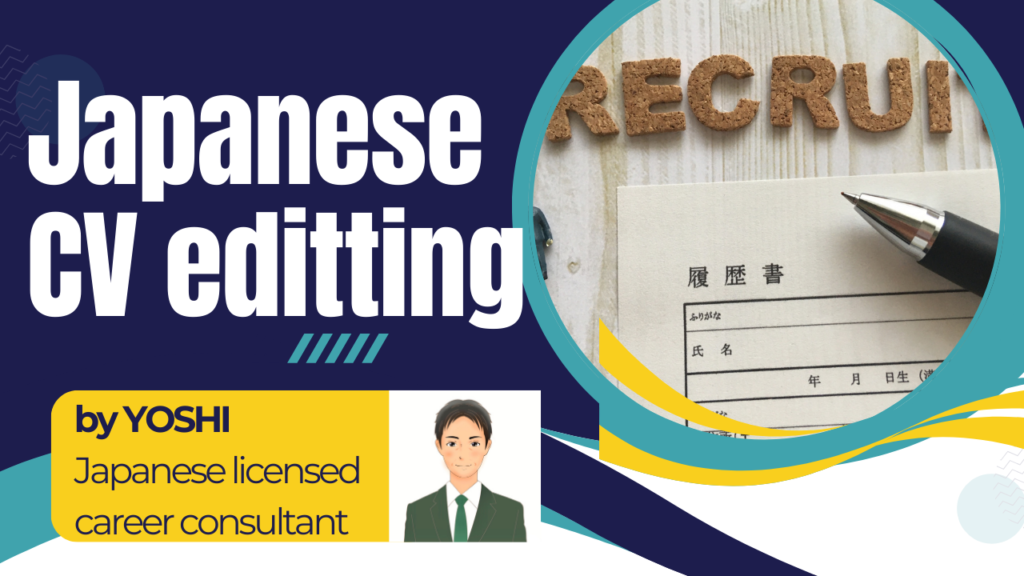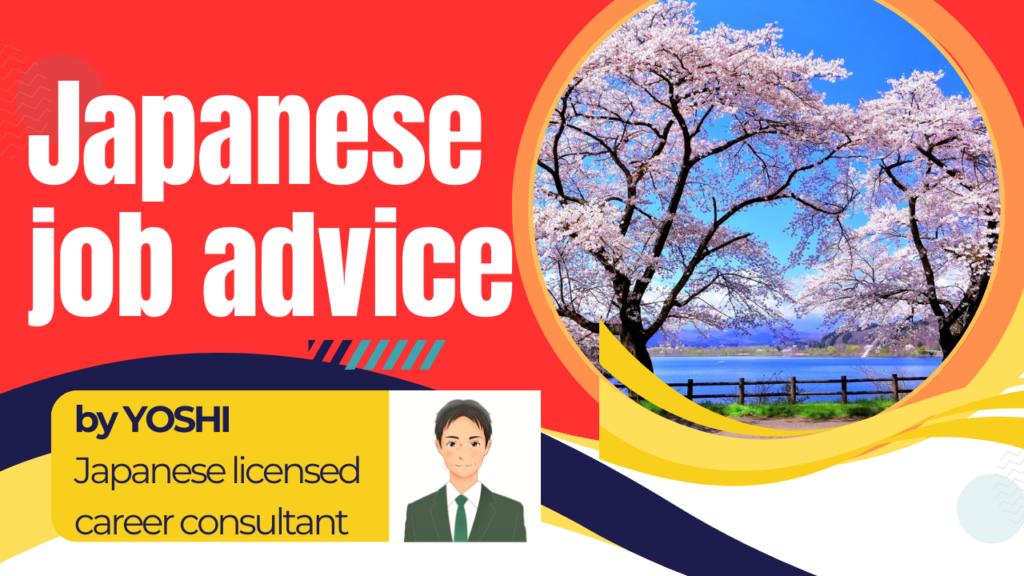Everything You Need to Know About 'Yukyu' (有給): Paid Leave in Japan Explained

What is "Yukyu"(有給)?
In Japan, paid leave is called "yukyu" (有給), which means "paid vacation" or "paid time off." It is a legally required benefit for all employees who have been with their company for at least six months.
Yukyu is a key aspect of Japan's labor laws, aimed at promoting a healthy work-life balance and helping to prevent overwork and burnout. By offering paid time off, employers encourage employees to take necessary breaks and rest, which can ultimately lead to higher productivity and greater job satisfaction.
"Yukyu"(有給)in Japanese means 100% paid day off.
給 means "salary" and 有 means "eligible". So it means vacation which is still eligible to get salary.
Even if you take a day off, your salary will NOT be reduced on that day. In Japan, employees are entitled to take "Yukyu" (有給)under the Labor Standards Law.
The amount of Yukyu(有給)
The amount of yukyu (paid leave) an employee is entitled to depends on how long they have worked for the company. Under Japan's Labor Standards Act, employees who have been with the company for at least six months are entitled to a minimum of 10 days of paid leave per year.
Paid day off: If they have been working for more than half a year since they were hired and have worked more than 80% of all working days, the number of days granted is 10 days.
年次有給休暇とはどのような制度ですか。パートタイム労働者でも有給があると聞きましたが、本当ですか。|厚生労働省 (mhlw.go.jp)
Ministry of Health, Labour and Welfare in Japan
Here is guideline in English of Labour Standards Department Osaka Labour Bureau
Labour Standards Department Osaka Labour Bureau
Legal Requirements
Especially in recent years, Japan legally requires employees to take at least five days of paid leave per year. Employers will be punished if employees do not take leave. Employers will also want their employees to spend their vacation.
Ministry of Health, Labour and Welfare in Japan

Employers can provide more yukyu (paid leave) than the legal minimum, but they are not allowed to offer less. It's also important to note that yukyu does not roll over, meaning unused days do not carry over to the following year. This system encourages employees to take time off and prevents them from accumulating large amounts of unused leave.
Taking yukyu is considered a standard part of working life in Japan, and employees are generally expected to use their full entitlement each year. In fact, some employers even encourage their staff to take time off, recognizing the benefits of having a well-rested and rejuvenated workforce.
Need to give notice to supervisor before taking Yukyu"有給"
To take yukyu, employees typically need to submit a request to their employer a few days in advance. Employers are usually required to approve these requests, unless there are exceptional circumstances that prevent the employee from taking time off at that specific time.
While it is your right to take time off, you must provide notice and receive approval from your supervisor beforehand.
Do not worry!
In most cases, applying for a vacation is unlikely to be rejected by your supervisor in Japan.
In other words, the rules for granting vacations do not allow your boss to refuse to take vacations without very reasonable reason (時季変更権).
時季変更権 by Ministry of Health, Labour and Welfare in Japan
Interference of normal operation of the business
To reject your application for vacation, very reasonable reason such as "interference of normal operation of the business" (事業の正常な運営)is needed.
The factors that are judged to "interference of normal operation of the business" are as follows.
-Business scale and business content itself
時季変更権とは?行使するための条件や注意点を徹底解説 | jinjerBlog (hcm-jinjer.com)
-Job description and job characteristics of employees who applied for paid leave
-Busy duties
-Difficulty in allocating alternative personnel
-Many employees take a day of on same season
How many Yukyu"有給" can I take?
The rate of paid leave taken by workers in Japan has remained around 45-50% since 2015, but in 2021, employees took an average of 12 out of 20 days of paid leave, bringing the rate back up to 60%.
The Japanese government has been actively encouraging companies to help employees use their yukyu ("paid leave") more. In Japan, it's considered a right to take all of your paid leave days, so there's no need to hesitate—enjoy your vacation!
Japanese Labor Law Q&A with a Japanese Sharoushi - YouTube
In Conclusion
In conclusion, yukyu is an important benefit for employees in Japan, aimed at promoting a healthy work-life balance and reducing the risk of overwork. It is a legally required benefit, with employees entitled to a minimum of 10 days of paid leave per year. Employers can provide more yukyu, but not less, and unused days do not carry over to the following year. Taking yukyu is considered a standard part of working life in Japan, and employees are generally expected to use their full entitlement of paid leave each year.
Additional information
As additional information, the minimum number of days for annual paid leave (yukyu) that must be taken is five days, for workers who are granted at least 10 days of paid leave per year. This requirement was mandated by a revision to the Labor Standards Act, which took effect in April 2019.
An interesting phenomenon is that, in order to comply with this, companies are diligently encouraging employees to take their paid leave, and Japanese workers, known for their conscientious nature, are now more willing to take time off. As of 2024, compared to 30 years ago, the culture of taking paid leave without hesitation has become well-established in Japan. Foreign workers in Japan should also feel comfortable using their full entitlement to paid leave as a matter of right.

Japanese mini Dictionary
Writer and Editor: Lio, Japanese career consultant

Lio is a nationally licensed career consultant in Japan. He holds the Level 1 SEO Certification and is a certified web analyst. Born in Japan, he has lived in four countries, gaining an understanding of various cultures while being well-versed in Japan's unique work culture and language. With 25 years of experience in HR at both Japanese and multinational companies, he leverages his expertise to support individuals seeking to work in Japan




